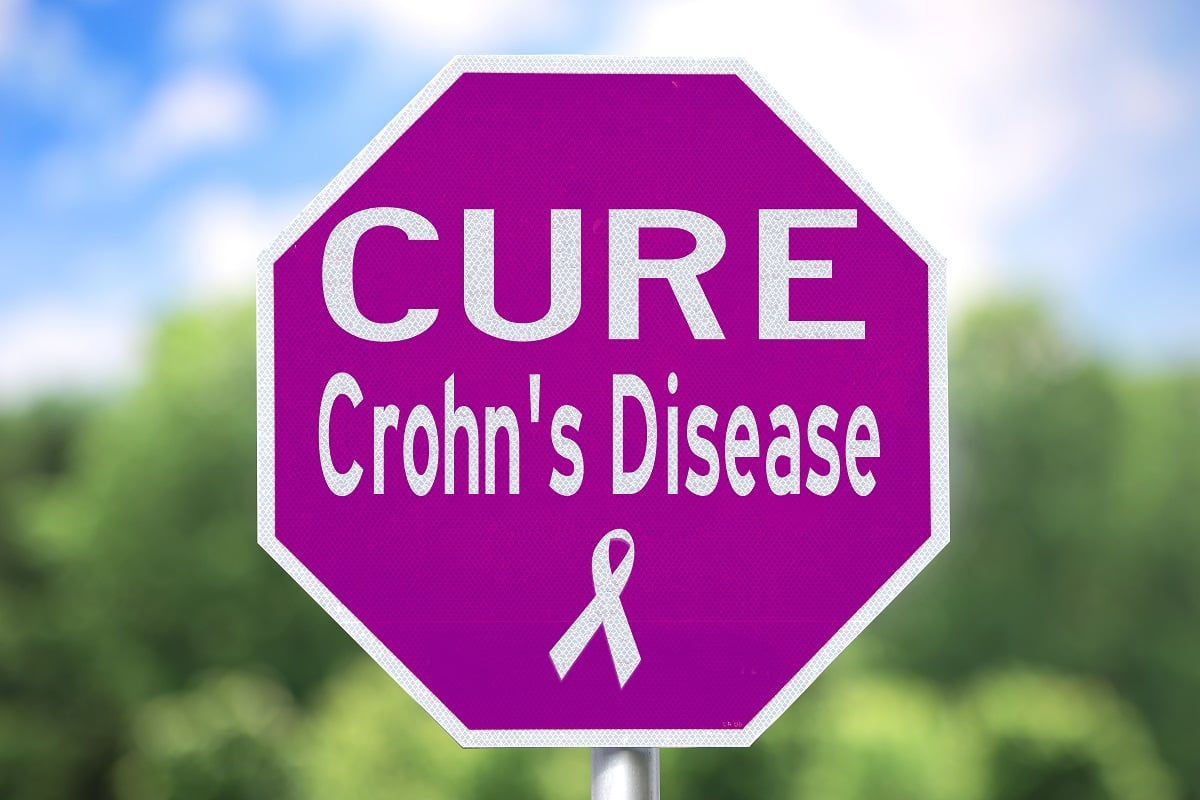Crohn's disease is a type of inflammatory bowel disease (IBD). It causes inflammation of your digestive tract, which can lead to abdominal pain, severe diarrhea, fatigue, weight loss and malnutrition.
Inflammation caused by Crohn's disease can involve different areas of the digestive tract in different people. This inflammation often spreads into the deeper layers of the bowel.
Crohn's disease can be both painful and debilitating, and sometimes may lead to life-threatening complications.
While there's no known cure for Crohn's disease, therapies can greatly reduce its signs and symptoms and even bring about long-term remission and healing of inflammation. With treatment, many people with Crohn's disease are able to function well.
Donor requirements for participation:
- You must be clinically diagnosed by a medical professional. Confirmation of the diagnosis and/or treatment must be verified with your physician.
- Be pre-screened to determine eligibility.
- You’re willing to donate plasma through the apheresis process.
- You must have a photo ID and be able to provide your social security number or proof of citizenship.
- You must be at least 18 years old.
- You must weight at least 110 lbs.
- You must disclose if you have ever been diagnosed with Hepatitis C and/or HIV.
For questions and concerns about requirements or participation, contact us at (833) GO-4-CURE.
Symptoms
In Crohn's disease, any part of your small or large intestine can be involved, and it may be continuous or may involve multiple segments. In some people, the disease is confined to the colon, which is part of the large intestine.
Signs and symptoms of Crohn's disease can range from mild to severe. They usually develop gradually, but sometimes will come on suddenly, without warning. You may also have periods of time when you have no signs or symptoms (remission).
When the disease is active, signs and symptoms may include diarrhea, fever, fatigue, abdominal pain and cramping, blood in your stool, mouth sores, reduced appetite and weight loss, pain or drainage near or around the anus due to inflammation from a tunnel into the skin (fistula).
Treatment
See your doctor if you have persistent changes in your bowel habits or if you have any of the signs and symptoms of Crohn's disease, such as abdominal pain, blood in your stool, nausea and vomiting, ongoing bouts of diarrhea that don't respond to over-the-counter (OTC) medications, unexplained fever lasting more than a day or two and unexplained weight loss
This information is not meant for clinical diagnosis, but as an educational resource derived from Mayo Clinic.
Living with a chronic illness can pose great challenges to your daily activity. Being proactive with treatment and donating to research can be a beneficial addition to your routine management. Discovering that you have a disease can be overwhelming with many unanswered questions and concerns. One that may come to mind is “how can I help someone else that may go the same process and struggles that I have experienced?” You can help by becoming a Specialty Antibody donor!
Participating in research allows scientists and clinicians find new treatments, tests and quicker diagnostic methods to improve patient outcomes and, hopefully, prevent the disease in the future.


DO NOT SELL OR SHARE MY INFORMATION
M-Th: 7 AM - 3 PM
F: 8:30 AM - 10:30AM
M-F: 7:30 AM - 3:30 PM
Programs:
Bone Marrow, Whole Blood, White Blood Cells
M-F: 6:00 AM - 12:00PM
Programs:
Whole Blood, White Blood Cells
M-Th: 7 AM - 3 PM
F: 7 AM - 12 PM
Programs:
Whole Blood
M-Th: 8:30 AM - 3 PM
F: 8:30 AM - 12 PM
Programs:
Whole Blood, Plasmapheresis
M-Th: 7 AM - 3 PM
F: 8:30 AM - 1:00 PM
Programs:
Whole Blood, Plasmapheresis, White Blood Cells